Updates on key developments in genomics
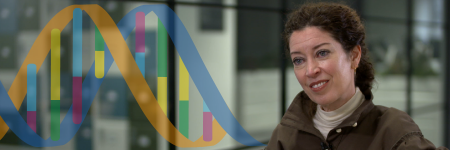
Why learn about genomics?
Our clinical director provides an insight into how genomic technologies have developed and the increasingly crucial role of education and training

Diabetes, the pancreas and the liver
We know that the liver and pancreas can contribute to diabetes, but how significant is their role and what part does genomics play?

NICE approves world-first MLD therapy
We explore a new gene therapy for a rare, fatal condition that affects young children

Lupus and the genome
A groundbreaking study has shed light on how some people may inherit autoimmune conditions

Understanding Alzheimer's
Modern advances in genomics are revealing new links between many of our genes and the chance of developing the condition

Inversions explained
We dive into inversions, how they impact on health and what new research has revealed about their role in the genome

NHS launches sight-saving NIPT test
A new genomic test can identify babies at risk of a rare form of eye cancer with almost 100% accuracy

Rapid genomic test helps prevent newborn hearing loss
We look at how rapid pharmacogenomic testing is helping save the hearing – and lives – of newborn babies
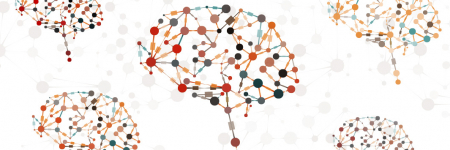
NHS launches sequencing pilot for glioblastoma
A new programme is bringing genomics-based personalised treatment to brain cancer patients for the first time

Polygenic scores and PGT: a problematic pairing
We explore a new type of test hitting the headlines and ask whether it could ever be approved for UK clinics

Covid-19 update: ‘problem’ variants found
New research shows that certain gene variants could be drivers for life-threatening Covid-19 illness

Implementing genomics across the UK
We explore a new paper that sets out the UK’s genomics healthcare plan for the next three years
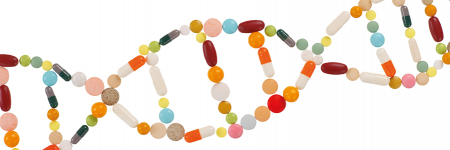
Personalised prescribing report: five things we learned
We share some key highlights from this week’s landmark pharmacogenomics report
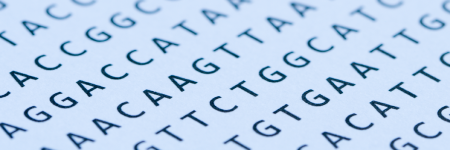
Repeat after me: what are repeat expansion disorders?
We learn how repeating sequences in our DNA can impact on health and how genome sequencing can make a diagnostic difference

Diverse genomic study pinpoints Covid-19 variant
Sometimes data diversity can make the difference. We look at findings from a new Covid-19 study to find out how

Mystery variant doubles Covid-19 severity
But how was it found, and could it help open up new avenues for treatment?

BRCA: beyond breast cancer
New evidence shows that BRCA variants may increase the risk of stomach and pancreatic cancers in both men and women

Genomics Beyond Health: a new report
We step away from the healthcare sector this week to look at the bigger genomics picture

Polygenic score pilot for heart disease begins
NHS launches innovative genomic testing project that could help revolutionise heart disease identification and prevention
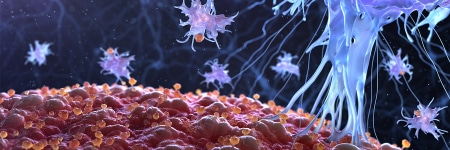
Cancer vs the immune system
This week, we explore the ways cancer cells can evade our bodies’ defences and how we can fight back

The brain, the gut and the genome
We explore the link between our mental and physical health by looking at results from a recent genome-wide association study


